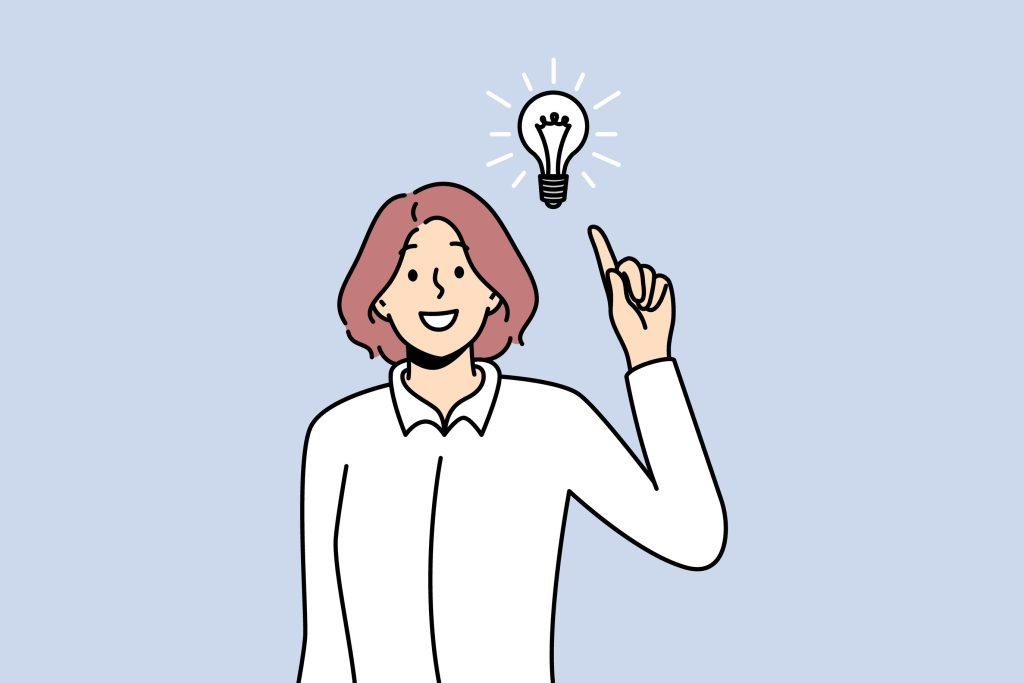
How to Differentiate Dementia from Other Conditions
Did you know that every three seconds, someone in the world develops dementia? These striking statistics highlight the pressing need to address mental health issues. However, understanding the complexities of cognitive disorders is anything but simple.
Let’s imagine a scenario where a person experiences memory lapses, and the first reaction is to attribute it solely to ageing. It's a common misconception and one that can lead to delayed or even inaccurate diagnoses.
That’s why the complex nature of cognitive decline demands a nuanced approach. Dementia is not a singular entity but a spectrum of disorders, each with its unique characteristics. Pinpointing the cause is similar to solving a puzzle with missing pieces—a challenge that requires both expertise and empathy.
What sets dementia apart?
- undefined
- undefined
- undefined
- undefined
The Enigma of Dementia
Dementia, a term encompassing various conditions that affect cognitive functions, poses quite a challenge to the mind. Its impact extends beyond individuals, casting a long shadow on the emotional wellbeing of families and loved ones. The additional layers of complexity to the diagnostic process are "cognitive mimics" – conditions that mirror dementia symptoms but require a distinct approach for accurate identification.
5 conditions that mirror dementia symptoms.
1. Metabolic Disorders: Unseen Culprits of Cognitive Chaos
Metabolic disorders, often silent saboteurs of overall health, can play tricks on the mind. Conditions like hypothyroidism or diabetes, if left unmanaged, may present with cognitive symptoms, creating a deceptive mirage of dementia. Understanding the metabolic dance within our bodies is key to unravelling cognitive decline's mystery.
- undefined
2. Infections: Neurological Intruders
Infections, whether viral or bacterial, can infiltrate the delicate orchestra of our nervous system. Diseases like urinary tract infections or pneumonia may manifest with cognitive symptoms, leaving healthcare professionals to decipher whether it's a transient visitor or a long-term resident affecting cognitive function.
- undefined
After a thorough examination, it was discovered that Sarah had a severe urinary tract infection (UTI). This seemingly routine infection had triggered cognitive symptoms, leading to a state of mental fog and memory lapses.
3. Autoimmune Diseases
Autoimmune diseases, where the body turns against itself, can cast a shadow on cognitive abilities. Conditions like lupus or rheumatoid arthritis may go beyond joint pain, impacting the brain and causing cognitive symptoms that mimic dementia.
- undefined
4. Reversible Cognitive Impairments
Not all cognitive clouds are permanent. Medications, substance abuse, and nutritional deficiencies can all contribute to reversible cognitive impairments. Sometimes, a change in medication or addressing nutritional gaps can lift the fog, revealing a brighter cognitive landscape.
- undefined
5. Sensory Challenges
Vision and hearing problems might seem far from the idea of cognitive health, but they play an important role. Struggling to see or hear clearly can lead to confusion, disorientation, and memory lapses. Addressing these seemingly unrelated issues can be the key to restoring cognitive harmony.
- undefined
After cataract surgery to restore clear vision, Emily experienced improved cognitive function, highlighting the link between sensory challenges and cognitive well-being.
How to diagnose dementia?
Diagnosing dementia is a comprehensive process that involves a combination of clinical assessments, medical history reviews, and various tests.
Here are some of the methods:
- undefined
- undefined
- undefined
- undefined
- undefined
- undefined
A collaborative approach to diagnosing dementia
This cooperative effort involves specialists such as:
- undefined
- undefined
- undefined
- undefined
- undefined
Additionally, the engagement of family members and carers is essential in creating a supportive ecosystem. Their involvement not only adds essential context but also fosters a compassionate and holistic approach to the individual’s care, ensuring a comprehensive understanding that goes beyond medical diagnoses. These invaluable collaborators contribute a unique layer of understanding, offering nuanced perspectives on the person’s daily experiences, emotions, and challenges.
If you need help
If you are seeking support or information regarding dementia care, please don't hesitate to contact us today. Alderbrook Care Home specialises in 24-hour nursing care for adults dealing with dementia and its associated challenges.
Each individual receives a person-centred care plan, promoting an enhanced quality of life and positive outcomes, whether their stay with us is temporary or long-term.
